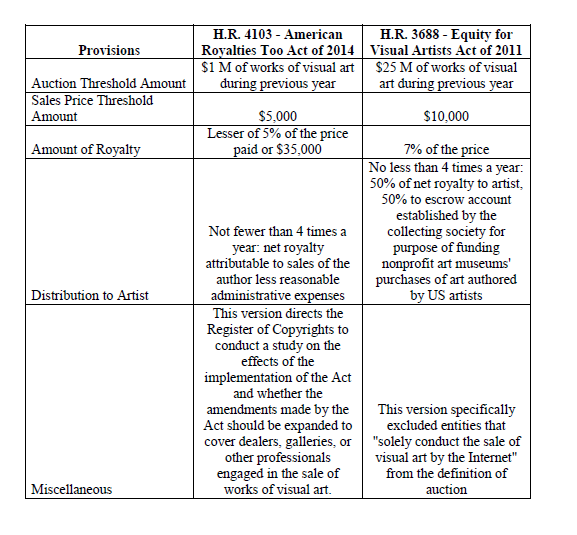We reported in September on the lawsuit filed in California over the so-called “Monkey selfie” that underscored some of the limits of copyright protection. One of the defendants, Blurb, Inc., the publisher of photographer David Slater’s picture, has moved to dismiss, and People for the Ethical Treatment of Animals has responded. The back and forth is, well, something akin to the infamous barrel full of monkeys.
PETA and Opponents Sling Arguments In “Monkey Selfie” Copyright Case
Topics: People for the Ethical Treatment of Animals, Blurb, monkey selfie, Compendium of U.S. Copyright Office Practices, Wildlife Personalities., PETA, David Slater, Copyright, United States Copyright Office
Irony is Dead: PETA Sues for Copyright Infringement on Behalf of the Animal in the “Monkey Selfie”
In a year that began with the vagaries of Left Shark, we have our most bizarre art law story of 2015—so far. Last year, the United States Copyright Office released a public draft of the Third Edition of the Compendium of U.S. Copyright Office Practices. Among the new items that leapt out at practitioners was the section of examples of non-copyrightable works, which included “A photograph taken by a monkey.” The Copyright Office was inspired to include this example because of a 2011 photograph taken by British nature photographer David Slater. A crested black macaque picked up Slater’s camera and pressed the shutter button, and the result became known as the “monkey selfie.” While as I said at the time, I thought the point was debatable to the extent that Slater could intentionally have left the camera within reach of the animal the same way that leaving something exposed to nature could still result in a copyrightable work, the question was obviously (I thought) limited to whether or not Slater could restrict reproduction of the work as the author.
Topics: Left Shark, People for the Ethical Treatment of Animals, Blurb, Compendium of U.S. Copyright Office Practices, Wildlife Personalities., PETA, David Slater, Copyright, United States Copyright Office, Litigation
Third Time a Charm? New Resale Royalty Bill Filed in Congress
Twice in the last four years, a bill has been filed to adopt what is known as droit de suite, or resale royalty, in which an artist would be entitled under certain circumstances to a royalty on sales after the initial one. The most common justifications for these bills relate to fairness and uniformity. As to the first, many artists’ works do not become valuable until later in their careers, long after the works had been sold first. These artists, the argument goes, should share in the benefit of their increased regard. The uniformity argument has to do with droit de suite in other countries, though that is hardly a clear picture and many residents of those countries object to what they say is the effect on their local markets.
Topics: Equity for Visual Artists Act of 2011, Resale Royalties, Ed Markey, American Royalties Too Act, Chuck Close, Resale Royalty, Jerrold Nadler, Christie's, Tammy Baldwin, California Resale Royalties Act, Copyright, United States Copyright Office, Sotheby's, eBay, Art Law Report
Resale Royalties Redux: the “American Royalties Too Act”
Although there are no definitive signs yet of likely change, the question of secondary royalties for visual artists remains far from resolved. The most comprehensive effort to date, the California Resale Royalties Act was declared unconstitutional in 2012 by the U.S. District Court for the Central District of California, in lawsuit brought by Chuck Close and others against Christie’s, eBay, and Sotheby’s. That decision is on appeal in the Ninth Circuit.
Topics: Equity for Visual Artists Act of 2011, Resale Royalties, American Royalties Too Act, Chuck Close, Resale Royalty, Jerrold Nadler, Christie's, Tammy Baldwin, California Resale Royalties Act, Copyright, United States Copyright Office, Sotheby's, eBay




